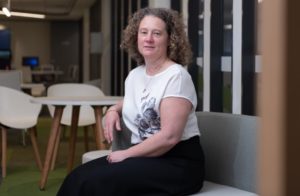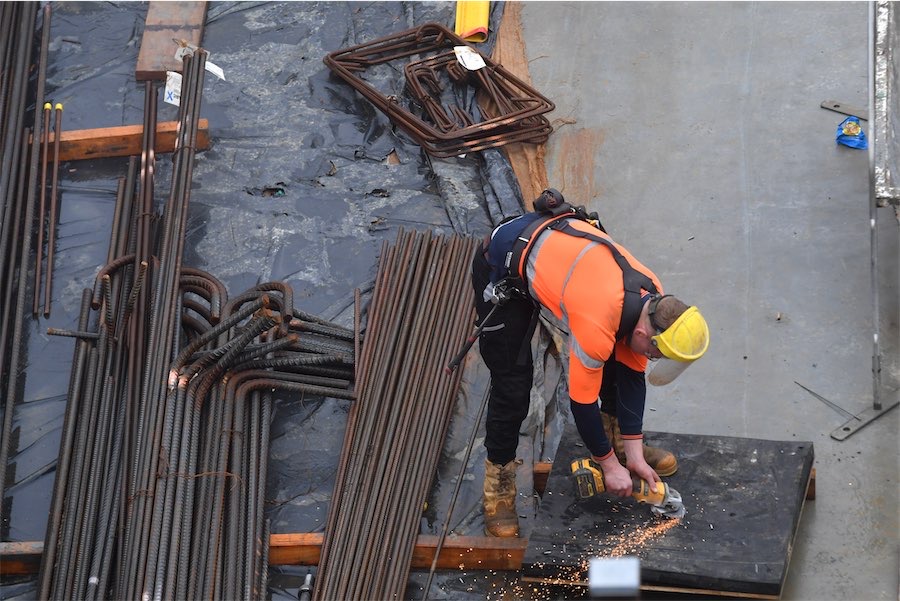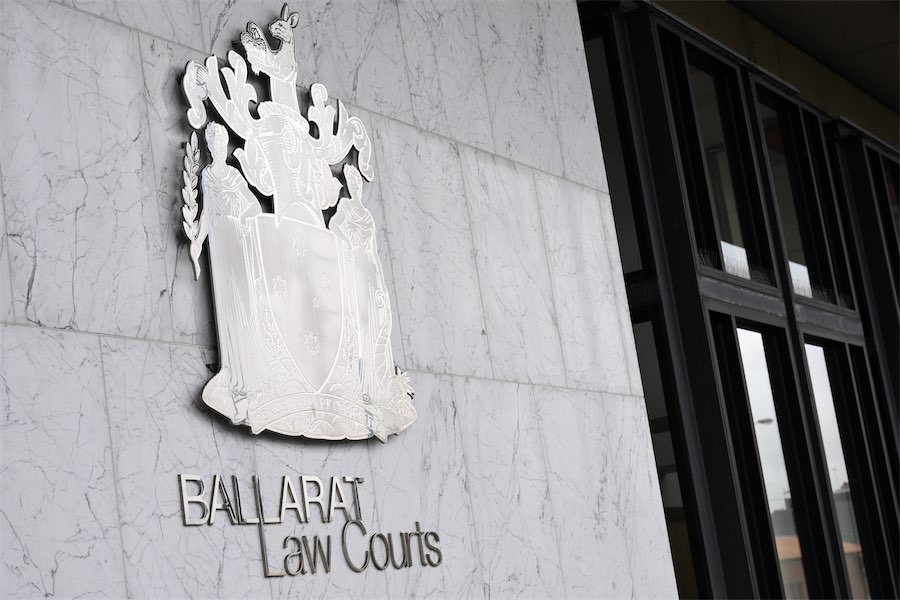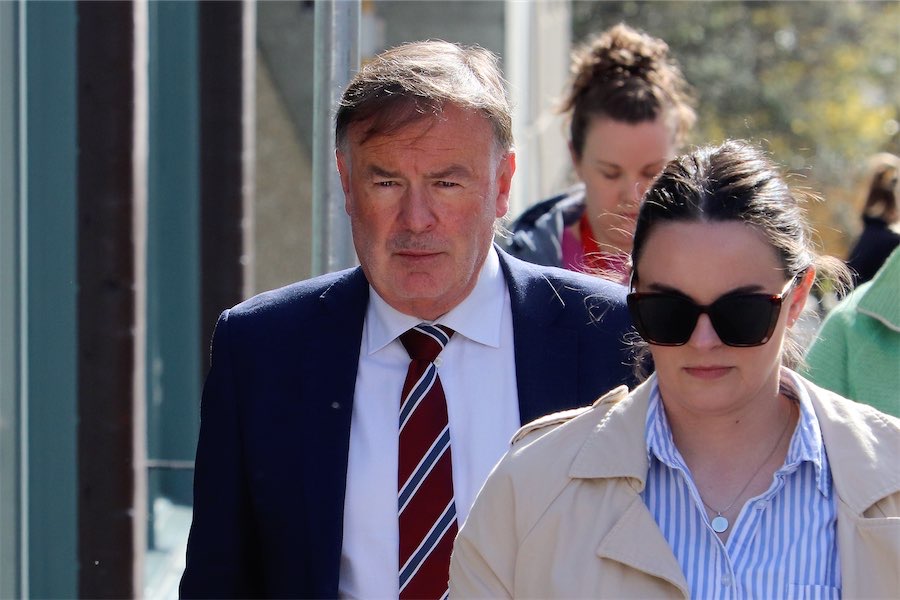FROM 11.59pm tonight (December 20), the ACT will have new quarantine requirements for anyone from Greater Sydney, Central Coast, Illawarra-Shoalhaven and Nepean Blue Mountains following the confirmation of a cluster of 68 confirmed coronavirus cases on Sydney’s northern beaches.

ACT chief health officer Dr Kerryn Coleman says residents of Greater Sydney, Central Coast, Illawarra-Shoalhaven and Nepean Blue Mountains should not travel to the ACT.
Anyone doing so will be compelled to quarantine and anyone staying at the same premises will also be required to quarantine.
“Anyone who arrives in the ACT from 11.59pm tonight will be required to quarantine. Returning ACT residents will be able to quarantine at home. This is not about stopping ACT residents from returning home,” Dr Coleman says.
“ACT Health will not be considering exemption requests for non-residents coming from Greater Sydney, except in extreme extenuating circumstances.
“To implement this, all travellers from Greater Sydney, Central Coast, Illawarra-Shoalhaven and Nepean Blue Mountains are required to notify ACT Health in advance by completing an online declaration. We anticipate this form will be available on the ACT COVID-19 website later tonight.
“We understand this will be difficult for many people, and we do not take these decisions lightly. While we will not have these restrictions in place any longer than we need to, we need the community to be prepared that this is likely to continue over the Christmas and New Year period.
“Ahead of this new Public Health Direction coming into effect at 11.59pm tonight, we are reminding everyone of the existing Public Health Direction that covers the Northern Beaches.
“Anyone who has visited the Northern Beaches area from Friday 11 December 2020 is legally required self-quarantine for 14 days from the date they were last there and get tested, even if they do not have symptoms. People must stay in quarantine for the whole 14 days, even if they have a negative test result.
“With demand for testing currently at high levels, we ask those impacted by this direction to immediately quarantine, organise their testing for later in the day and be patient with staff at our testing clinics.
The chief health officer also identified Greater Sydney, Wollongong and the Central Coast as a geographical areas of risk for high-risk settings.
This means anyone who has been in these areas in the past 14 days should not visit or work in a high-risk setting for 14 days after leaving these areas. High-risk settings include hospitals, residential aged-care facilities and correctional facilities.
In addition to the new Public Health Direction for the ACT, other jurisdictions have also introduced new travel restrictions for people who are from, or have been in, Greater Sydney.
“If you are in the ACT, have recently come from in Greater Sydney and wish to travel to another jurisdiction, your ability to do so may be restricted by the decisions taken by your destination jurisdiction,” Dr Coleman says.
“You will need to visit the COVID-19 website of your destination jurisdiction for accurate advice on whether you will be able to travel.
“Additionally, we will be taking further steps to strengthen our support of the National Response to COVID-19. ACT Policing and Canberra Airport will be checking people’s residential addresses to ensure people are not attempting to circumvent the border restrictions of other jurisdictions by travelling via the ACT.”
Who can be trusted?
In a world of spin and confusion, there’s never been a more important time to support independent journalism in Canberra.
If you trust our work online and want to enforce the power of independent voices, I invite you to make a small contribution.
Every dollar of support is invested back into our journalism to help keep citynews.com.au strong and free.
Thank you,
Ian Meikle, editor





Leave a Reply